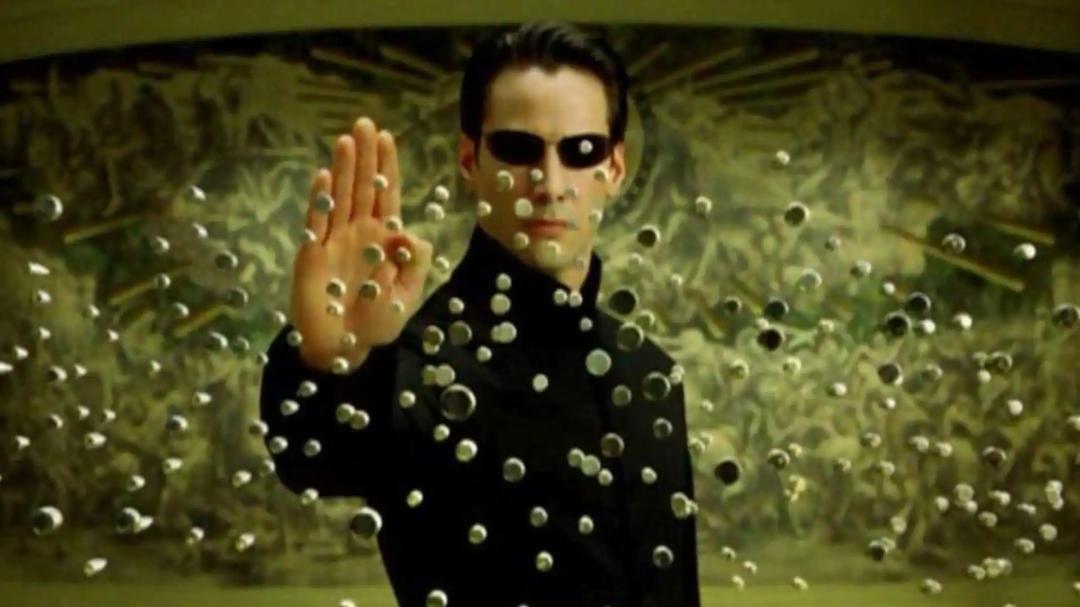
Physicists prove universe isn’t a computer simulation like in ‘The Matrix’
The idea that our universe is a computer simulation, similar to the one depicted in the iconic movie ‘The Matrix’, has been a topic of debate among scientists and philosophers for years. However, a recent study by physicists from the University of British Columbia Okanagan (UBCO) has mathematically proven that this theory is unlikely to be true. According to a press release, the researchers have demonstrated that the universe is built on “a type of understanding that exists beyond the reach of any algorithm”, rather than being a simulation created by a advanced civilization.
The concept of the universe being a computer simulation was first proposed by philosopher Nick Bostrom in 2003. He argued that if a civilization were to develop a realistic simulation of reality, it would likely create multiple simulations, leading to an infinite number of simulated universes. This idea sparked a lot of interest and debate, with some scientists, such as Elon Musk, suggesting that the probability of our universe being a simulation is quite high.
However, the UBCO physicists have now provided a mathematical proof that challenges this idea. The study’s co-author stated, “Fundamental laws of physics cannot be contained within space and time, because they generate them.” This means that the laws of physics that govern our universe are not bound by the same rules as the simulated reality proposed by Bostrom. In other words, the universe is not a simulation created by a advanced civilization, but rather a complex system that operates according to its own set of rules and principles.
The researchers used a mathematical framework to demonstrate that the universe is not a simulation. They showed that the laws of physics, such as quantum mechanics and general relativity, cannot be reduced to a set of algorithms that can be simulated by a computer. This is because these laws are fundamental to the nature of reality itself, and cannot be replicated by a simulated environment.
The implications of this study are significant. If the universe is not a simulation, then it means that our reality is “real” and not just a creation of a advanced civilization. This has important implications for our understanding of the nature of reality and the universe. It also raises questions about the limits of computation and the power of algorithms to simulate complex systems.
The study’s findings also have implications for the field of artificial intelligence. If the universe is not a simulation, then it means that creating a realistic simulation of reality is much more difficult than previously thought. This challenges the idea that we can create a simulated reality that is indistinguishable from the real thing, and raises questions about the limits of artificial intelligence and its ability to simulate complex systems.
In conclusion, the study by UBCO physicists provides a mathematical proof that the universe is not a computer simulation like in ‘The Matrix’. The researchers have demonstrated that the universe is built on “a type of understanding that exists beyond the reach of any algorithm”, and that the fundamental laws of physics cannot be contained within space and time. This study has significant implications for our understanding of the nature of reality and the universe, and challenges the idea that we can create a realistic simulation of reality.
The study’s co-author noted that the findings of the study are not a definitive proof that the universe is not a simulation, but rather a mathematical demonstration that challenges the idea. “Our study provides a new perspective on the nature of reality and the universe, and raises important questions about the limits of computation and the power of algorithms to simulate complex systems,” the co-author said.
In any case, the study provides an important contribution to the ongoing debate about the nature of reality and the universe. It challenges our understanding of the world and encourages us to think about the possibilities and limitations of simulation and computation.
As we continue to explore the mysteries of the universe, we may uncover more evidence that challenges or supports the idea that our reality is a simulation. However, for now, the study by UBCO physicists provides a compelling argument that the universe is not a computer simulation like in ‘The Matrix’.






